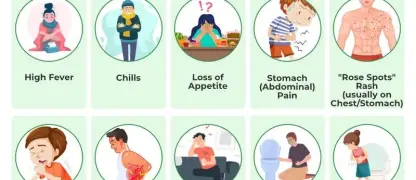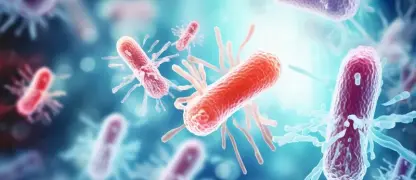Listeriosis is more than just an upset stomach; it can be a serious threat, especially for certain groups. Understanding this foodborne illness is the first step toward safeguarding your health and avoiding foods that can cause listeria.
What are the main causes of Listeriosis?
- Listeriosis is a type of listeria food poisoning caused by consuming food contaminated with the bacterium Listeria monocytogenes, found in soil and water.
- Common foods that can cause listeria include unpasteurized dairy, deli meats, hot dogs, and soft cheeses, which can lead to a listeria outbreak recall.
- You get it by eating contaminated items, as the bacteria can survive refrigeration and even grow at low temperatures, posing a hidden risk.

Key symptoms of Listeriosis to watch for
- Initial listeriosis symptoms often mimic the flu, including fever, muscle aches, and nausea, appearing days or weeks after consumption.
- If the infection spreads to the nervous system, it can cause a stiff neck, confusion, loss of balance, and convulsions in severe cases.
- Listeriosis in pregnancy is especially dangerous, potentially causing severe illness in the newborn even if the mother's symptoms are mild.
How can you prevent Listeriosis effectively?
- The best prevention of listeria is to thoroughly cook raw foods from animal sources and carefully wash raw vegetables before eating them.
- Avoid risky foods like unpasteurized milk and soft cheeses, and clean all kitchen surfaces and utensils well after handling uncooked items.
- While the main treatment for listeriosis is antibiotics, the illness is not typically contagious from person to person, except from mother to fetus.
>>> Read more here: Cyclosporiasis: Causes from Produce and Symptoms
Image of the disease Listeriosis





>>> See more: E. coli Infection: Symptoms and Food Safety Guidelines
Vigilance in food safety is crucial for preventing listeriosis. If you experience symptoms, especially after a food recall or if you're pregnant, seek immediate medical attention. Your doctor can provide an accurate diagnosis and appropriate treatment.
>>> Learn more: Hepatitis A: Vaccine Information and Prevention





